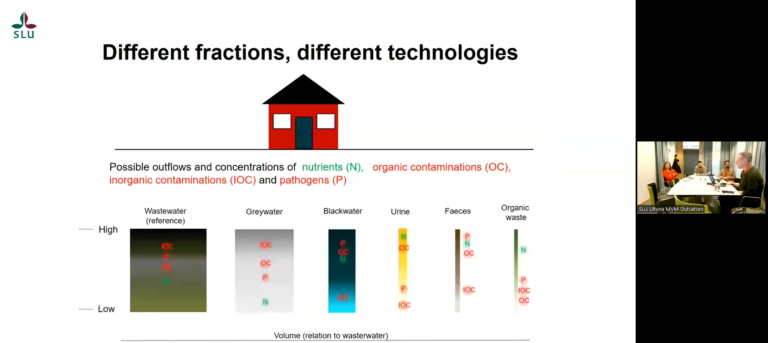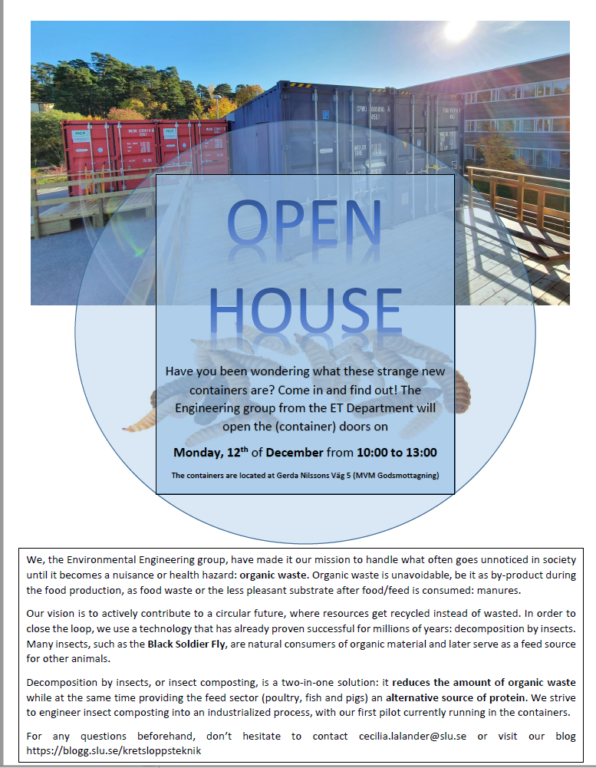Legitimacy of source-separating wastewater systems with Swedish water utilities
Jennifer R. McConvillea, Elisabeth Kvarnströmb, Abdulhamid Aliahmada & Maria Lennartssonc
a Department of Energy and Technology, Swedish University of Agricultural Sciences, Uppsala, Sweden; jennifer.mcconville@slu.se, Abdulhamid.aliahmad@slu.se
b Ecoloop, Stockholm Sweden; elisabeth.kvarnstrom@ecoloop.se
c Research and Development Coordinator, City of Stockholm, Stockholm, Sweden; maria.lennartsson@extern.stockholm.se
Source separation of excreta from the rest of urban wastewater flows can enable safe and efficient nutrient recovery. Yet, source-separating wastewater systems are not yet common in urban areas. The aim of this study is to assess the legitimacy of source-separating wastewater systems from the perspective of wastewater professionals in Sweden. The study uses interviews and a survey to explore the pragmatic, normative, cognitive and regulatory dimensions of legitimacy and how these aspects can vary between different municipalities. It also looks into possible knowledge-based activities to increase legitimacy. The results from this study show variations in legitimacy levels in urban areas in Sweden. Overall opinion appears to be neutral to the concept rather than negative. Although many see multiple barriers to implementation. Normative legitimacy (moral motivation) was relatively high, while cognitive legitimacy (knowledge & experiences) was lowest. Respondents from organizations where source-separation is being implemented, or they believe that it will be implemented within 10 years, generally saw more drivers and fewer barriers. These innovators were also more interested in knowledge-based activities. Overall recommendations to increase cognitive knowledge regarding source-separating systems among multiple stakeholders seems the most promising path forward to increase legitimacy in the Swedish wastewater sector.
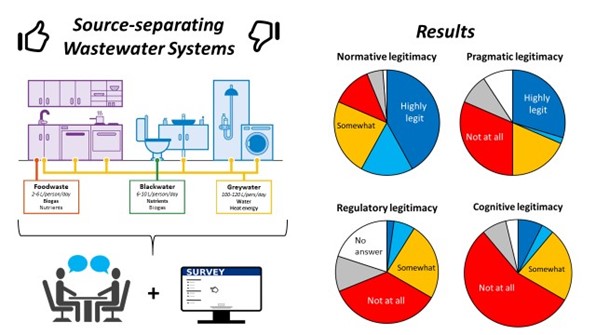


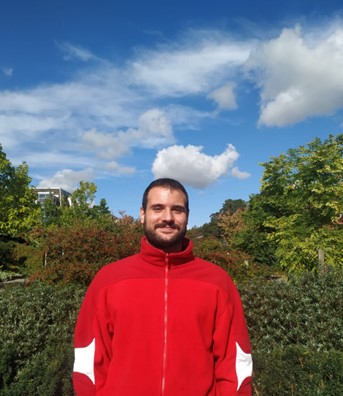
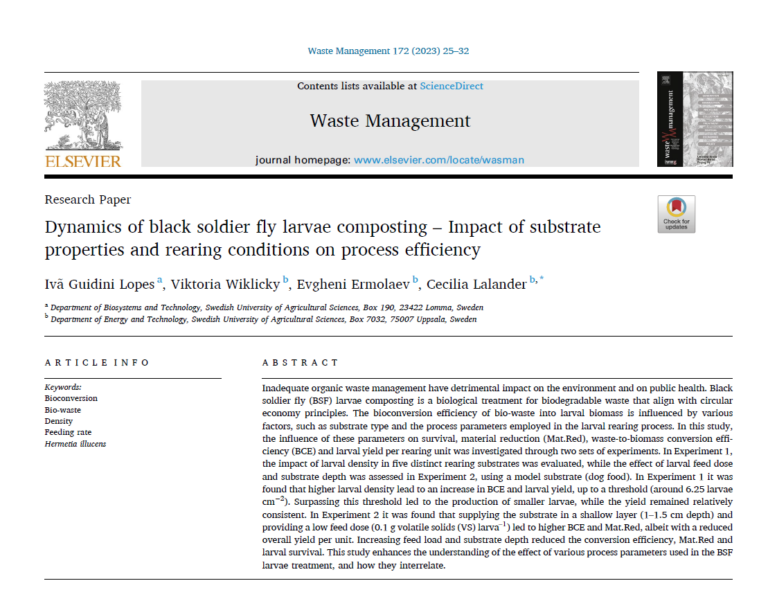


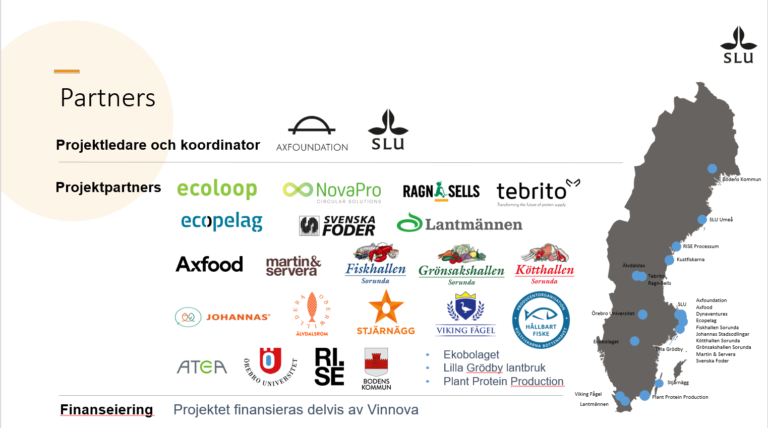 t.
t.